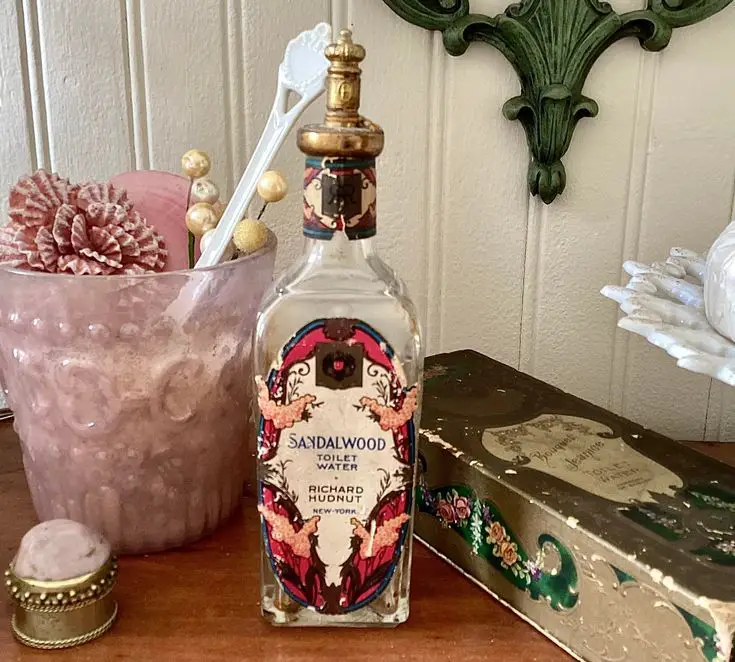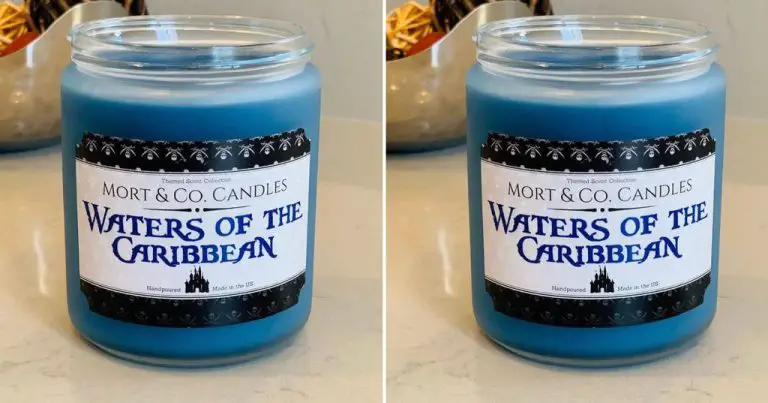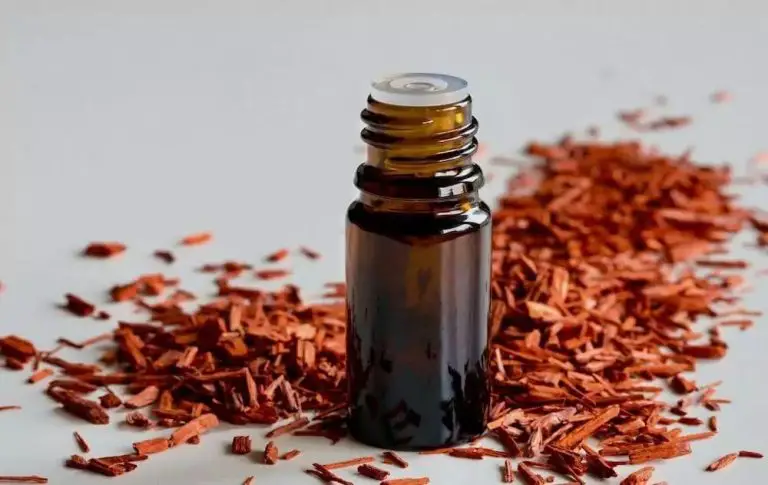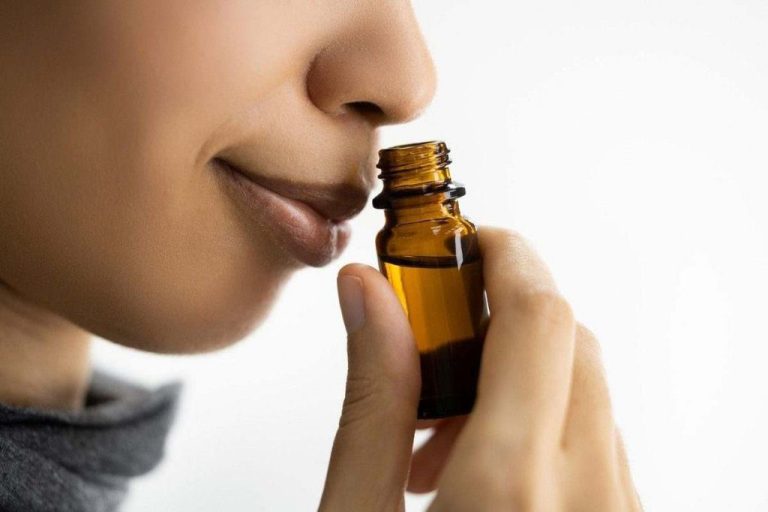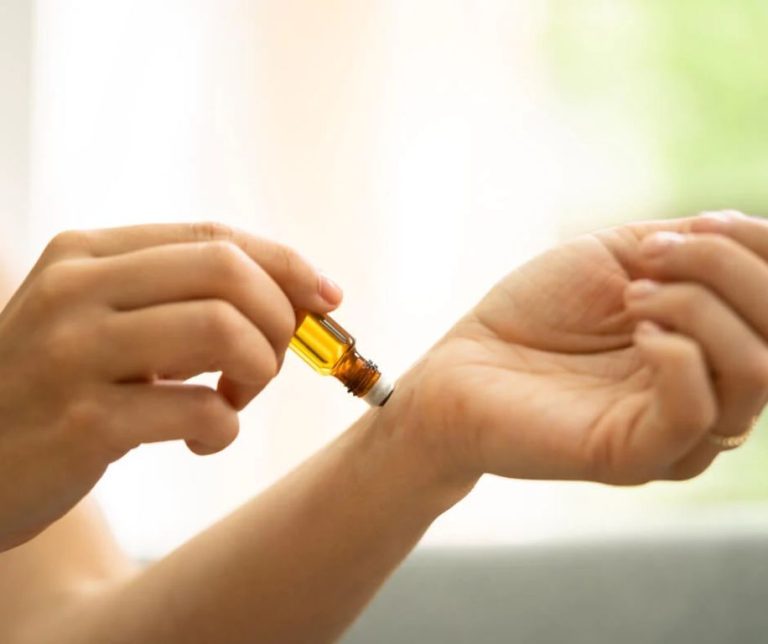What Essential Oils Make Your House Smell Good In A Diffuser?
Essential oils have been used for thousands of years for their health, beauty, and aromatic benefits. When essential oils are diffused into the air, their tiny molecules are dispersed and can provide various advantages. The use of essential oil diffusers has surged in recent years as people discover their many benefits. Diffusers help spread the natural, fresh scents of essential oils throughout homes or offices. The global aromatherapy diffuser market is expected to reach USD 2.17 billion by 2029, with a 7.37% CAGR from 2024-2029 [1].
People use diffusers for several reasons – to make indoor spaces smell fresh and pleasant, provide relaxation and stress relief, help with sleep, uplift moods, purify air, and more. Some of the most popular essential oils for home fragrancing include citrus oils like lemon, grapefruit, and orange for an energizing and clean aroma. Florals like lavender and geranium give a soothing and calming effect. Herbals like rosemary, basil and spearmint bring a fresh and crisp smell. Spices like cinnamon and clove give a warm and cozy fragrance.
Top Florals
Some of the most popular and fragrant essential oils for diffusers come from flowers. Three top choices are lavender, rose, and jasmine.
Lavender essential oil has a sweet, floral, herbaceous aroma that can help create a relaxing environment. Studies show lavender oil can reduce anxiety and improve sleep quality (https://www.ncbi.nlm.nih.gov/pmc/articles/PMC3612440/). Adding a few drops of lavender oil to a diffuser before bedtime can help promote healthy sleep.
Rose essential oil has a rich, deep floral scent that uplifts mood. Rose oil contains phenylethyl alcohol which has demonstrated antidepressant effects in scientific research (https://pubmed.ncbi.nlm.nih.gov/29806739/). Diffusing rose can create a romantic, comforting ambiance.
Jasmine essential oil has an exotic, sweet, floral aroma. Jasmine oil has been shown to reduce anxiety and uplift mood (https://www.ncbi.nlm.nih.gov/pmc/articles/PMC6247378/). Adding jasmine to a diffuser blend can help create a positive, energizing environment.
When using these and any essential oils, always follow usage and safety guidelines. Certain oils like rose may be more expensive, so use sparingly. Florals like lavender, rose, and jasmine make excellent additions to diffuser blends.
Top Citruses
Citrus essential oils like lemon, orange, and grapefruit are extremely popular for diffusing because of their fresh, bright scents. They can help boost energy, uplift moods, and freshen indoor air.
Lemon essential oil has a bright, zesty aroma that can improve concentration and alertness. Studies show it can reduce stress and anxiety as well [1]. Lemon oil also has antibacterial and antiviral properties [2].
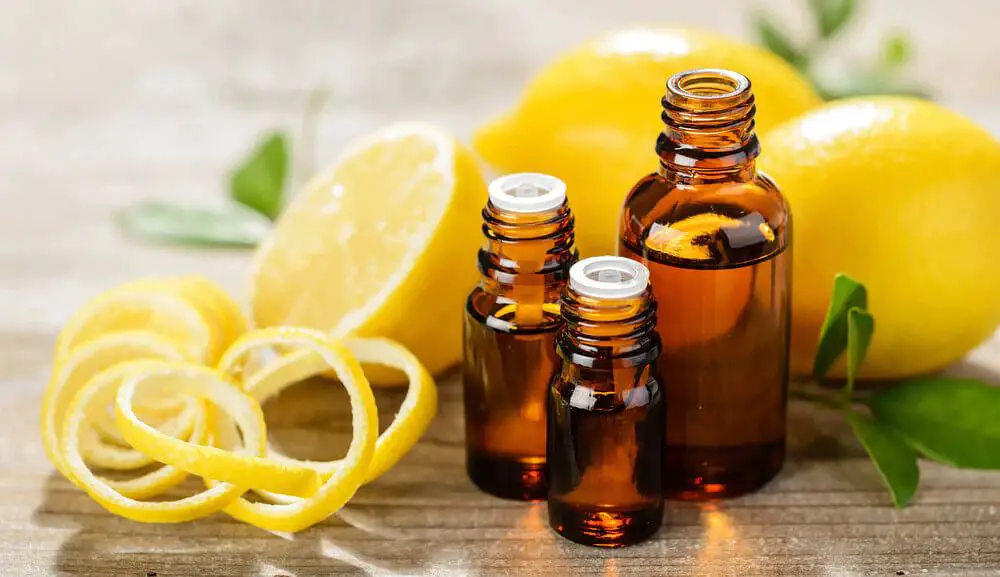
Orange essential oil has a sweet, citrusy scent that energizes and uplifts. It contains the compound limonene which gives it anti-inflammatory benefits. Orange oil can also help reduce stress and anxiety [1].
Grapefruit essential oil has an invigorating citrus aroma that can help curb cravings and support weight management. It contains antioxidants and helps boost immunity. Grapefruit oil can also promote relaxation [2].
[1] https://www.aromaweb.com/essential-oils/citrus-essential-oils.asp
[2] https://www.aromatics.com/blogs/wellness/the-power-of-citrus-oils
Top Herbals
Some of the most popular herbal essential oils for diffusers include peppermint, eucalyptus, and tea tree.
Peppermint is known for its refreshing and cooling scent that can help boost energy and alertness. It contains menthol, which provides a cooling sensation. Peppermint can also help clear sinus congestion when diffused. According to Rocky Mountain Oils, peppermint essential oil has over 50 documented therapeutic uses and benefits (https://www.rockymountainoils.com/collections/herbal-essential-oils)
Eucalyptus essential oil has a camphor-like scent and can help open airways. It is commonly used to help relieve coughs and congestion. Eucalyptus can also help purify the air in your home when diffused. According to Plant Therapy, eucalyptus is one of the most versatile essential oils that contains powerful properties (https://www.planttherapy.com/blogs/blog/customer-favorites-top-rated-essential-oils-their-uses)
Tea tree essential oil has a medicinal and woody scent. It has cleansing properties and can help eliminate odor-causing bacteria and fungi from the air. Tea tree oil is also popular for use on the skin. According to Holland & Barrett, tea tree oil has been highly valued in Australia for centuries as a medicinal plant (https://www.hollandandbarrett.com/the-health-hub/natural-beauty/aromatherapy/the-7-most-popular-essential-oils/)
Top Spices
Some of the most popular spice essential oils that can make your home smell amazing include cinnamon, clove, and cardamom.
Cinnamon essential oil has a warm, spicy aroma that evokes feelings of comfort and coziness. It’s often blended with citrus or floral oils. Cinnamon oil can also help promote healthy respiratory and immune function when diffused.1
Clove essential oil has a strong, penetrating, spicy fragrance. It is commonly used for its antibacterial, antiviral, and anti-inflammatory properties. When diffused, clove oil can help cleanse and purify the air.2
Cardamom essential oil has a sweet, spicy scent that enhances other fragrances. It is energizing and uplifting when diffused. Cardamom blends well with wood, citrus, spice, and floral oils.3
Top Woods
Woodsy scents like pine, cedar, and sandalwood can help create an inviting atmosphere. Here are some of the top woodsy oils to use in your diffuser:
Cedarwood essential oil has a warm, woody aroma that is often described as pencil shavings. It’s known for promoting relaxation and sleep (Source). Cedarwood oil also has grounding properties that can help relieve stress.
Sandalwood essential oil has a rich, sweet, woody scent perfect for diffusing. This oil is revered for its exotic aroma and meditative qualities that can aid focus and calm the mind (Source). Sandalwood promotes feelings of inner peace.
Pine essential oil has an invigorating, fresh forest scent. It’s energizing and clarifying. Pine oil can also help clear airborne allergens when diffused (Source). It leaves behind a clean, crisp aroma.
How to Blend
When blending essential oils, it’s important to use complementary pairings at the right ratios for the desired effect. Some top complementary pairings include:
- Lavender and bergamot – This classic blend is relaxing and uplifting (Freshskin, 2021). Use 2 parts lavender to 1 part bergamot.
- Lemon and peppermint – For an energizing diffuser blend, combine refreshing lemon with stimulating peppermint. Use a 1:1 ratio (Mountain Rose Herbs, 2022).
- Eucalyptus and tea tree – These invigorating scents help clear sinuses. Use 2 drops eucalyptus to 1 drop tea tree.
When first blending oils, start with 1-3 total drops in your diffuser or blending vessel. Add oils individually, smelling as you go, until you achieve the desired scent (Mountain Rose Herbs, 2022). Adjust ratios as needed. Keep total drops low, around 5-8 drops per diffuser use.
Usage Tips
Proper usage is key to getting the most out of your essential oil diffuser. Here are some tips to follow:
Ideal diffuser placement is important. Diffusers work best in smaller rooms, so place it in a bedroom, office or living room. Don’t put it in a large open area or too far away to experience the aroma benefits. Also avoid areas with high humidity or moisture as this can impact diffusion (YoungLiving).
Ambient factors like air flow, temperature and humidity impact diffusion. Oils diffuse best at normal room temperature. Avoid drafty areas or direct air flow from fans, vents or open windows as this will disrupt diffusion. Low humidity helps diffusion so avoid steamy rooms like bathrooms (RecipesWithEssentialOils).
Be sure to clean diffusers regularly according to manufacturer instructions. Use a damp cloth to wipe any oil residue from the ultrasonic plate or inner surface. Empty any remaining water and allow to fully dry before next use (RecipesWithEssentialOils).
Safety
When diffusing essential oils, it’s important to be aware of potential safety issues. Some key things to keep in mind:
Ventilation – Make sure the room you are diffusing oils in is well-ventilated. Open windows or run fans to allow fresh air flow. Avoid diffusing for prolonged periods in enclosed, unventilated areas (Healthline).
Sensitivities – Test oils on a small area of skin first to check for any sensitivities or allergic reactions before diffusing. Dilute oils with a carrier oil if applying topically. Some oils like lavender may cause complications for children and teens (CNET).
Pets – Research which essential oils may be unsafe for pets, especially cats and dogs. Consider diffusing in a separate room away from pets. Discontinue use if pets exhibit unusual symptoms or discomfort (Health.com).
Moderation – Use oils in moderation. Overexposure through excessive inhalation may lead to headaches, nausea or other symptoms. Follow manufacturer guidelines and adjust as needed.
Proper Storage – Store oils properly when not in use to maintain their integrity and reduce accidental ingestion. Keep out of reach of children.
With some basic precautions, essential oils can be safely diffused to make your home smell pleasant. But be sure to educate yourself on proper usage and potential risks.
Conclusion
Diffusing essential oils in your home comes with many benefits. The top takeaways are that using a diffuser can help create a relaxing environment, encourage positive moods, enhance focus and clarity, and make your home smell wonderful. Certain oils like lavender have specific calming properties, while citrus oils promote energy. Essential oil diffusers allow you to fill your air with natural fragrances that elevate your home ambiance in a chemical-free way.
When used properly by following usage and safety tips, diffusing essential oils provides aromatherapeutic effects. The benefits range from relieving stress, improving sleep quality, boosting immunity, increasing productivity, and more. With so many options for essential oil blends and diffuser types, you can customize your experience. Just remember that oils are potent and should be handled with care.
Ultimately, adding an essential oil diffuser to your home decor introduces natural wellness in an appealing way. A few drops of oil can transform the mood and air quality of any space. Diffusing is an easy practice that pays dividends through elevated health, focus and happiness.

